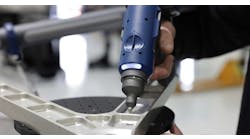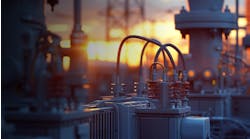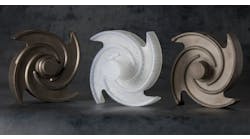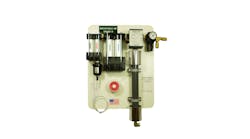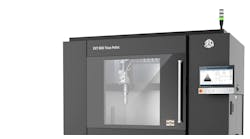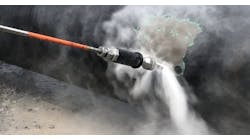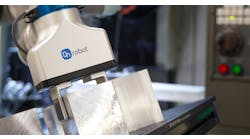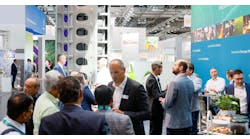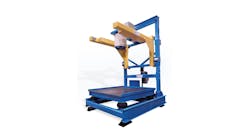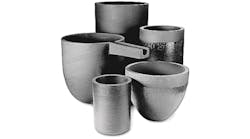Latest from New Products
MORGAN ADVANCED MATERIALS’ Molten Metal Systems business reported that its new Syncarb Z2 family of crucibles is achieving substantial cost savings in operational conditions for customers in the aluminum melting industry.
The Syncarb Z2 e2 hybrid ceramic-bonded clay-graphite crucible, with a high silicon carbide and graphite content and manufactured by advanced isostatic pressing, was designed specifically to provide strong chemical resistance against fluxes and excellent thermal conductivity in aluminum melting and holding applications.
The crucibles’ inherent high mechanical strength allows the production of much larger crucibles, with other benefits including outstanding oxidation resistance, high refractory capabilities and good thermal shock resistance.
Field studies of the Syncarb Z2 e2 are being used to develop Total Cost of Ownership (TCO) models that take into account all the direct and indirect costs associated with their use. One large metalcasting business involved in the study reportedly decreased its total crucible TCO by approximately $777,000, the developer noted
The laboratory analysis highlighted that Syncarb Z2 e2 has a 56% higher three point transverse bending strength, which means that it is more tolerant to mechanical stresses during operation and to mechanical damage during handling compared with other crucibles.
The oxidation tests, where the samples were exposed to an oxidizing atmosphere for five and 10 days at 750°C, resulted in Syncarb Z2 e2 having lower losses.
Thermal conductivity tests were also carried out by the laser-flash technique to 1,600°C and showed that Syncarb Z2 e2 had a higher thermal conductivity at all operating temperatures. This higher conductivity and better oxidation resistance implies more efficient heat transfer for a given thickness of crucible over a longer period of time, translating to a more efficient melting operation during the lifetime of the crucible.
“While laboratory investigation provides controlled analytical results, field trials connect theory with reality,” explained Morgan MMS’ global technology director Mirco Pavoni. “We have applied the initial results of both laboratory and field testing to TCO models in order to help metalcasters understand that the actual costs of purchase are more than simply the sum initially paid.
“Metalcasters are being pushed to squeeze costs out of their operations as much as possible,” Pavone continued, “resulting in the choice of consumables based solely on their purchase price, without input from production, quality, or maintenance. This can result in ongoing costs outweighing initial savings and the TCO models we are developing illustrate the true cost-effectiveness of the Syncarb Z2 e2.”
According to Morgan, facility managers have begun to understand that purchasing decisions must be made analytically with data provided from each department in the business that is affected by the choice of crucible. At just two of the initial sites that Morgan has evaluated, Syncarb Z2 e2 showed significant longevity improvements over other manufacturers’ crucibles used, decreasing their TCO by approximately $80,000 and $777,000 respectively.
Visit www.morganmms.com
